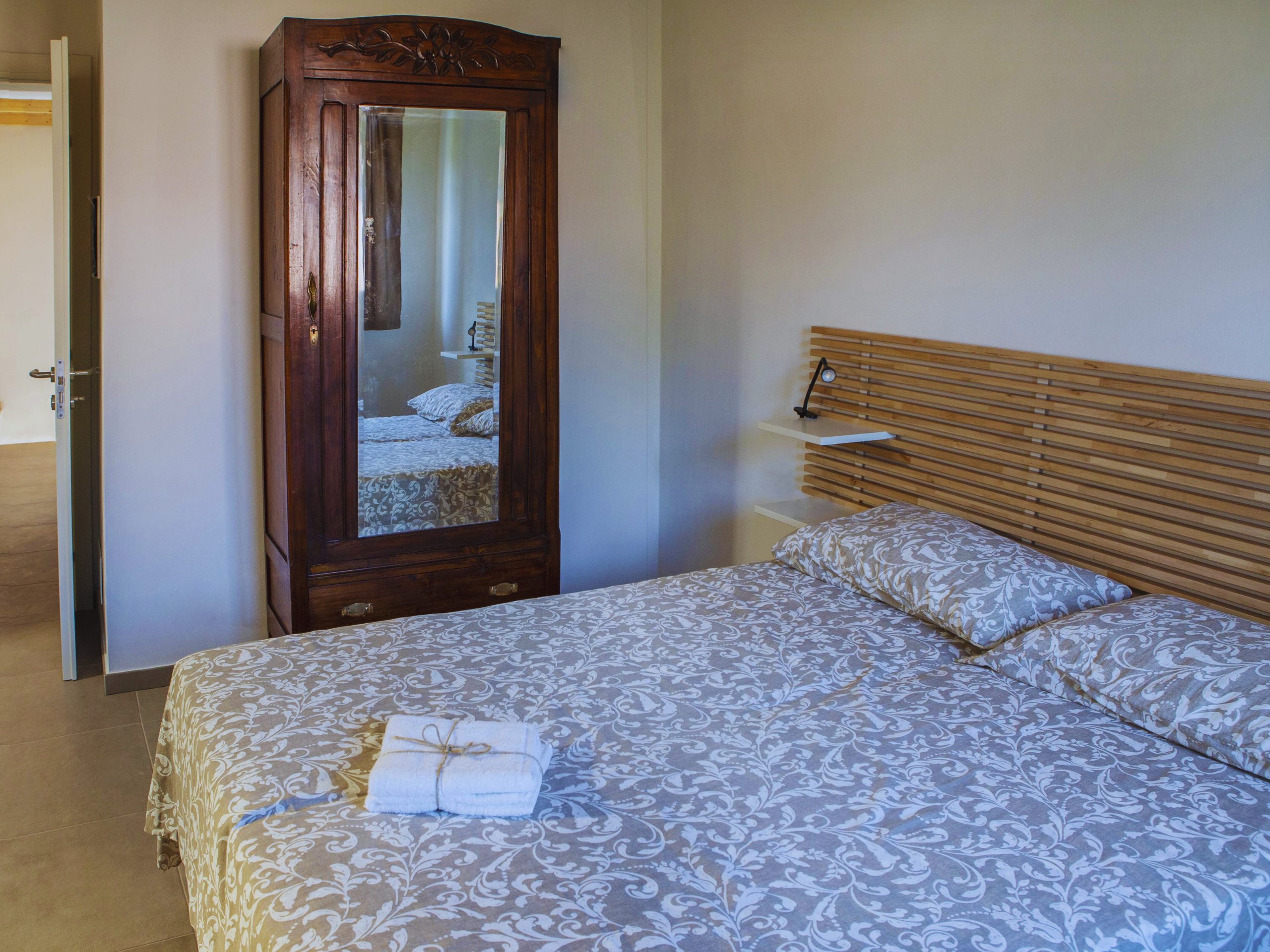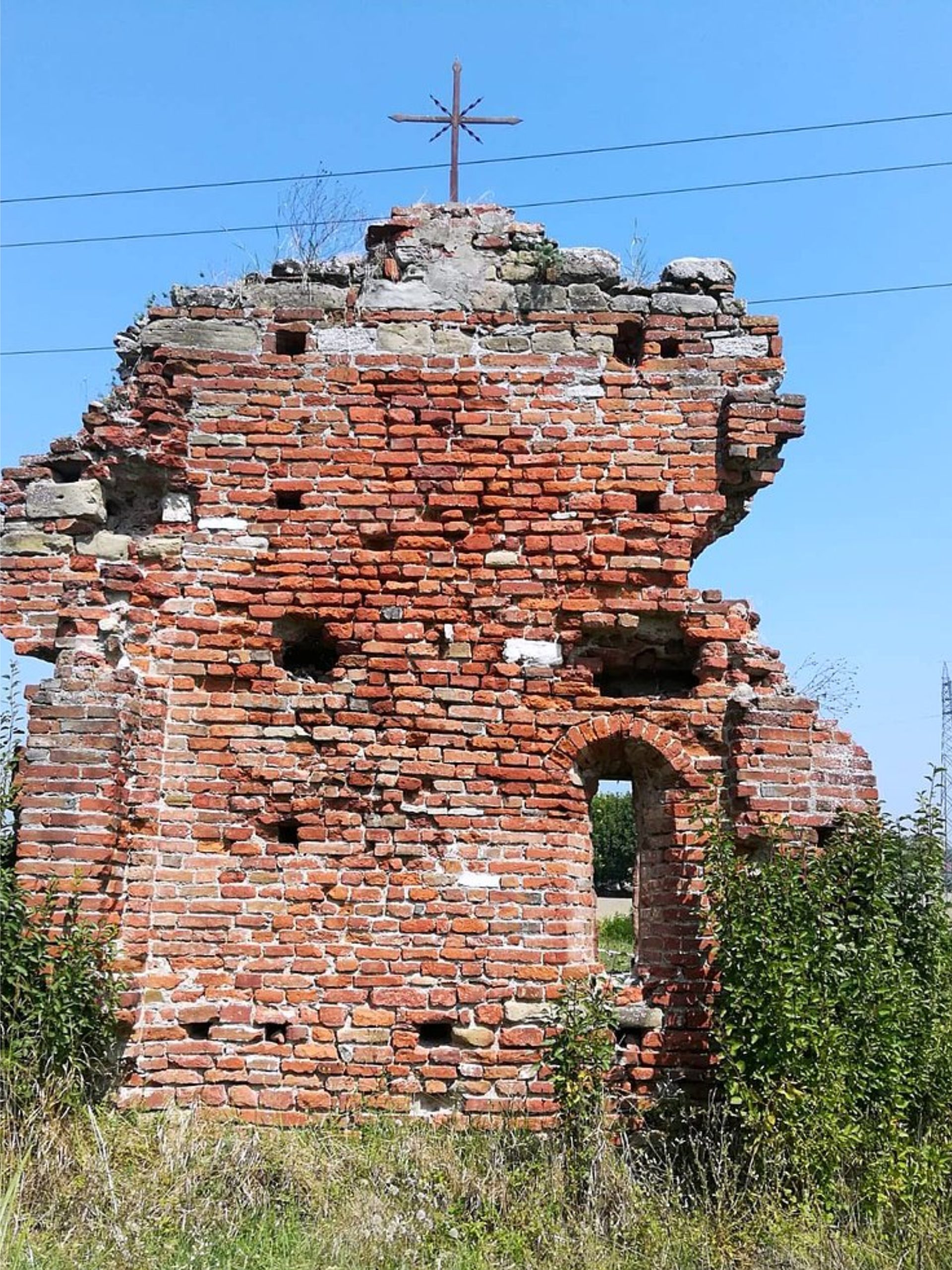Project Description
Overview
The project Comunità antiche e moderne di Industria (CAMI), Ancient and Modern Communities of Industria, is a community-based archaeological project in Piedmont, Northern Italy, at a Roman settlement that was founded in the second century BCE, near to an earlier Celtic Ligurian settlement with the name Bodincomagus. The nearby present-day village of Monteu da Po is approximately 30 km from the regional capital Turin. The site of Industria has a long excavation history and is well-known for the discovery of bronzes and the excavated remains of a temple to the originally Egyptian gods Serapis and Isis. The ancient name, Industria, refers to metal production, based on ore that was mined and brought down from the Alps. The site is located near the confluence of the Dora Baltea and the river Po, which was the main thoroughfare to transport ore, half products and finished works of art. Students will participate in excavation, finds processing, geophysical survey, experimental archaeology and community focused activities.
| Course Details | |
|---|---|
| Course Dates | Aug. 11-Sept. 7, 2024 |
| Course Type | Archaeology |
| Instructors | Prof. Willeke Wendrich & Dr. David Walsh |
| Credits* | 6 semester (9 quarter) |
| Apply By | April 15 |
| Fees Due By | Summer 2 (May 15) |
| Program Fees | |
|---|---|
| Tuition | $4,475 |
| Transcript Fee* | $300 |
| Health & Evacuation Insurance | $125 |
| Room & Board | $1,875 |
| TOTAL: | $6,775 |
Applications accepted on a rolling basis until program fills or final deadline above.
Instructors
The directors welcome emails and inquiries about the research elements of this project. More general information (tuition, health insurance, and payment schedule) can be found under the ‘Students’ tab above. Any further questions may be addressed to IFR staff. Additional details about research, course schedule, travel, accommodation, and safety can be found on the syllabus. Contacting the directors or the IFR office is encouraged and appreciated. It may help you determine if this field school is a good fit for you.
Testimonials
This is a new IFR field school. No student testimonials are available at this time.
Payment & Student Fees
Application Fee: There is a $45 fee to submit an online application.
Deposit Payment: A nonrefundable $500 deposit is due within 3 weeks of program acceptance in order to secure your place. The remainder of your program fees are due by the deadline indicated under “Course Details”.
*Transcript Fee & Academic Credit Opt Out: If you wish to participate in an IFR field school without earning academic credits, you will not be charged a transcript fee.
For more information about payment, fees, and policies, please see details under our Payment & Finances and Withdrawal and Cancellation Policy pages.
Accommodations
We will be staying in the Agriturismo Casa Matilde. This is a small family-run bed-and-breakfast that also will serve our amazing dinners. You will be staying in shared rooms with at the most six persons to a room. If this causes shower traffic jams in the morning or after work, there are two additional bathrooms in the shower block of the swimming pool.
Yes, you read it correctly. This is not your average excavation. We have wine with dinner (if you are over 21) and a swimming pool to cool off in after work.
A light breakfast will be served at the agriturismo at 7.30, we leave at 8.30 sharp. At 12:30 there will be a (very) substantial lunch in a local restaurant. Work in the field stops around 5.00 pm. After coming home and washing up (and have a swim if you so choose), there will be a lecture and team meeting at 6.30 pm. During the team meetings we will discuss results and interpretations and you are urged to contribute information and suggestions. Around 8:00 pm we will eat dinner.
The family that runs Casa Matilde can accommodate special meal requirements (allergies, vegetarian, vegan, halal), while the lunch restaurants will have much more limited options. Please contact the directors if you have very severe allergies or strict meal requirements to discuss if these can be accommodated or not.


Travel Info
Natural disasters, political changes, weather conditions and various other factors may force the cancellation or alteration of a field school. IFR recommends students only purchase airline tickets that are fully refundable and consider travel insurance in case a program or travel plans must change for any reason.
General information for this program is below, but keep in mind we will discuss any updated travel information and regulations during the required program orientation, which could affect travel plans.
Students can book their flights for arrival on August 11 at Milan Malpensa, Milan Linate or Turin Caselle. From these airports there are buses to Turin Porta Susa, where we will collect you. The bus service from Malpensa and Linate leaves once an hour and takes about 2 hours, the bus from Caselle takes 45 minutes. Please inform us of the flight number and your arrival time/airport so that we can make an estimate of your arrival time in Turin, Porta Susa.
VISA REQUIREMENTS
U.S. citizens may enter Italy for up to 90 days without a visa. All non-residents are required to complete a declaration of presence (dichiarazione di presenza) upon their arrival, usually completed at the first accommodation after entry into Italy. Citizens of other countries are asked to check the embassy website page at their home country for specific visa requirements
Student Safety
The IFR primary concern is with education. Traveling and conducting field research involve risk. Students interested in participating in IFR programs must weigh whether the potential risk is worth the value of education provided. While risk is inherent in everything we do, we do not take risk lightly. The IFR engages in intensive review of each field school location prior to approval. Once a program is accepted, the IFR reviews each program annually to make sure it complies with all our standards and policies, including student safety.
Students attending IFR international programs are covered by a comprehensive Health Insurance policy that includes physical illness or injury, mental or chronic conditions. No deductible and 100% of costs are covered up to $250,000. In addition, we provide Political and Natural Disaster Evacuation policy, which allow us to remove students from field school location if local conditions change. Our field school directors are scholars that know field school locations and cultures well and are plugged in into local communities and state institution structures.
Students attending IFR domestic programs (within the US) must have their own health insurance and provide proof upon enrollment. IFR field school directors are familiar with local authorities and if in need of evacuation, local emergency services and/or law enforcement will be notified and activated.
The IFR has strong, explicit and robust policy towards discrimination and harassment in the field. If students feel they cannot discuss personal safety issues with field school staff, the IFR operates an emergency hotline where students may contact IFR personnel directly.
Call (877-839-4374) or email (info@ifrglobal.org) if you have questions about the safety of any particular program.





